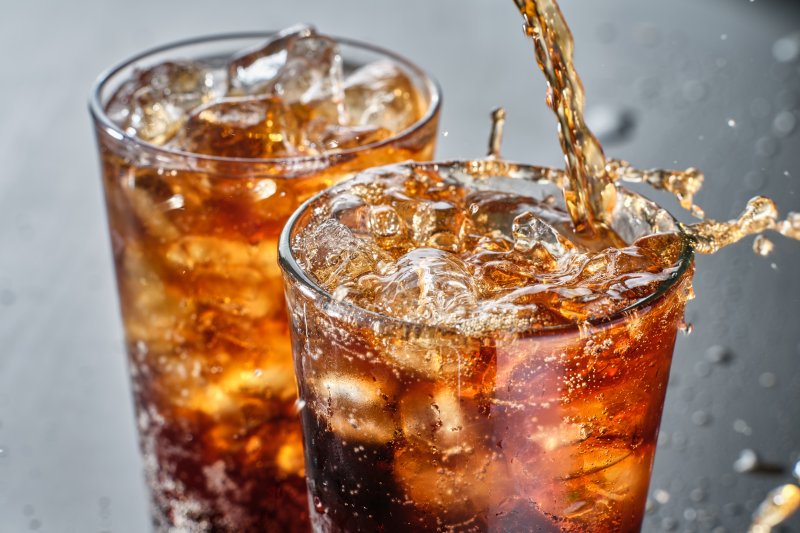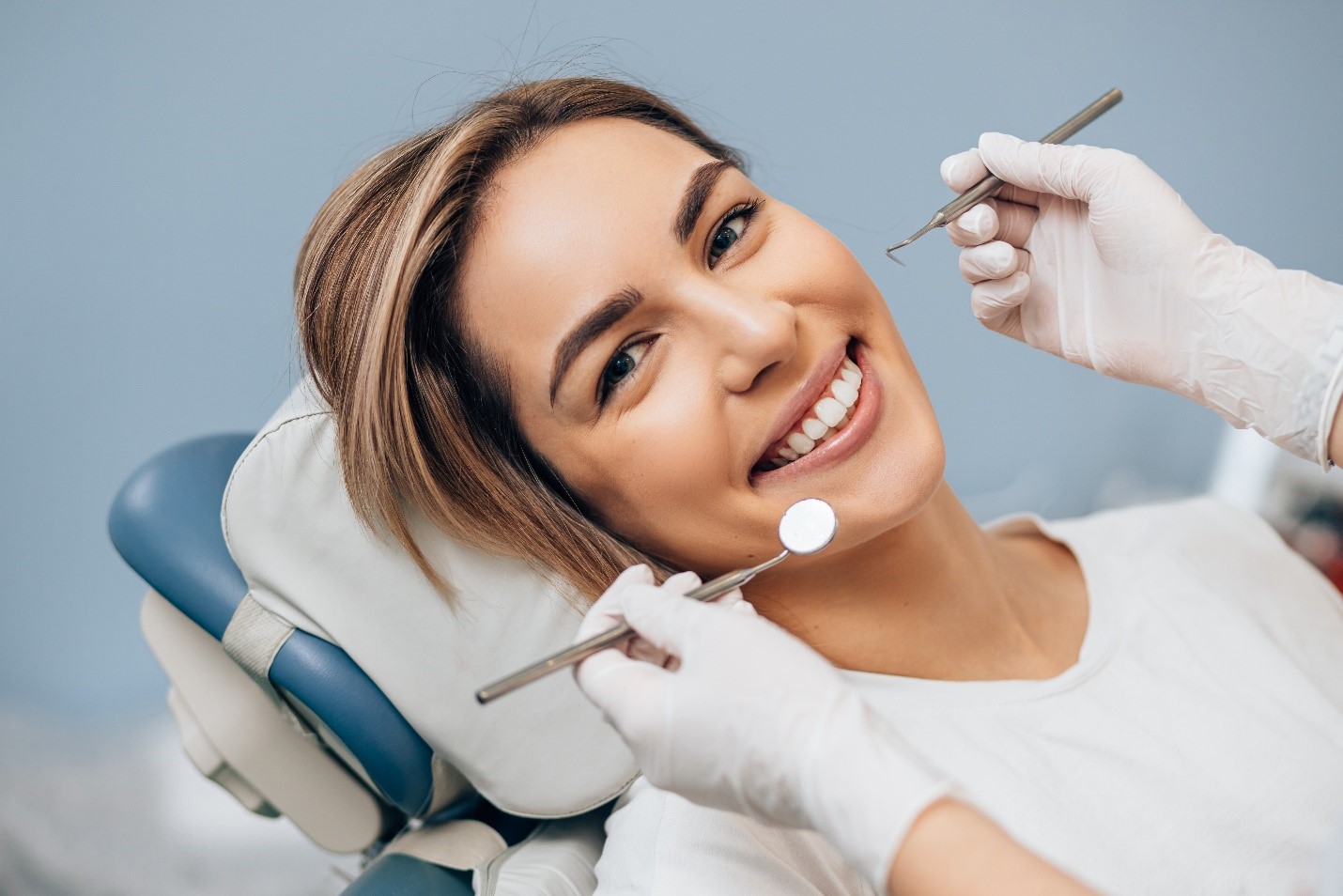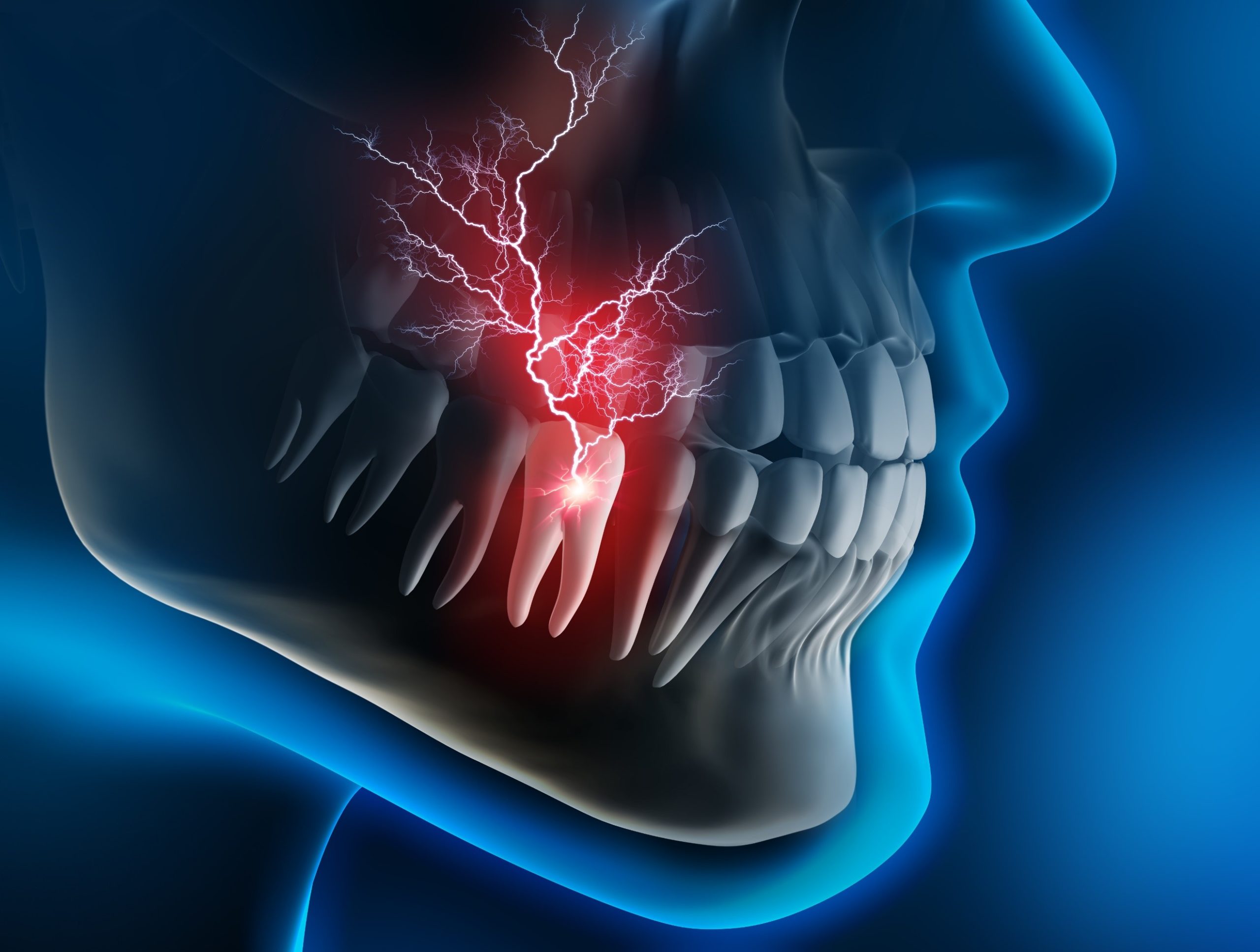
Teeth whitening can dramatically enhance your smile, boosting confidence and helping you look and feel your best. But once your teeth are noticeably whiter, the work isn’t done. The first 24 to 72 hours after a whitening treatment are crucial – your teeth are more porous and vulnerable to staining during this time. What you eat and drink during this period can either preserve your bright results or undo them.
To protect your investment and keep your smile sparkling, here’s a guide to the foods and beverages you should avoid after teeth whitening.
Dark-Colored Beverages
After whitening, steer clear of any drinks that are deeply pigmented. These include:
- Coffee.
- Tea (especially black and green).
- Red wine.
- Cola and dark sodas.
- Dark juices like grape, cranberry, or pomegranate.
These beverages are rich in pigments that cling to enamel and can quickly stain freshly whitened teeth. If you must drink them, use a straw to limit contact with your teeth, and rinse your mouth with water afterward.
Acidic Foods and Drinks
Your teeth are more sensitive after whitening, and acidic items can erode enamel and increase sensitivity. Limit or avoid:
- Citrus fruits (oranges, lemons, limes, grapefruits).
- Vinegar-based dressings.
- Tomato sauce and ketchup.
- Pickles.
- Sodas and sports drinks.
Acidic foods also make enamel more porous, increasing the risk of staining. Sticking to less acidic options helps your enamel stabilize and retain the whitening results.
Staining Foods
Much like beverages, foods that are dark in color or contain strong dyes can stain your teeth. Some culprits include:
- Berries (blueberries, blackberries, raspberries).
- Beets.
- Soy sauce.
- Curry.
- Balsamic vinegar.
- Barbecue sauce.
Even natural pigments can cause discoloration, so it’s best to save these items for after the initial post-whitening period.
Colored Candy and Popsicles
Artificially dyed treats, like red or blue candies, popsicles, and brightly colored desserts, can leave stains on your newly whitened teeth. The same goes for colored chewing gum or lollipops. Not only do these dyes linger, but they often come with added sugars that can increase tooth sensitivity and decay risk.
Foods That Are Too Hot or Too Cold
Teeth can be more sensitive after whitening. Avoid foods and drinks that are extremely hot or cold, such as ice cream, hot soup, or iced beverages, to minimize discomfort. Stick to lukewarm or room-temperature options until sensitivity subsides.
Safe Foods After Whitening
For the first 48 hours, consider a “white diet” – eating pale or colorless foods that won’t stain your teeth. Good options include:
- Chicken or turkey.
- White rice.
- Cauliflower.
- Plain pasta.
- Mashed potatoes.
- Milk and water.
- Egg whites.
- Bananas and peeled apples.
The first few days after a whitening treatment are the most important for maintaining your results. By avoiding staining, acidic, and overly hot or cold foods, you’ll give your teeth the best chance to settle into their new shade. Follow your dentist’s aftercare instructions, and with a little caution, you’ll enjoy a radiant smile that lasts!
About the Practice
If you’re tired of over-the-counter whitening products that just don’t get the job done, trust our team of professionals at Lifetime Dental of Gainesville to give you a radiant new shine that will bolster your confidence and improve your life in areas you hadn’t even considered! Our experienced cosmetic dentists provide personalized treatment to ensure you have a beautiful, uniform smile before walking out of the office. Schedule your appointment today online or call us at (770) 536-6688.



